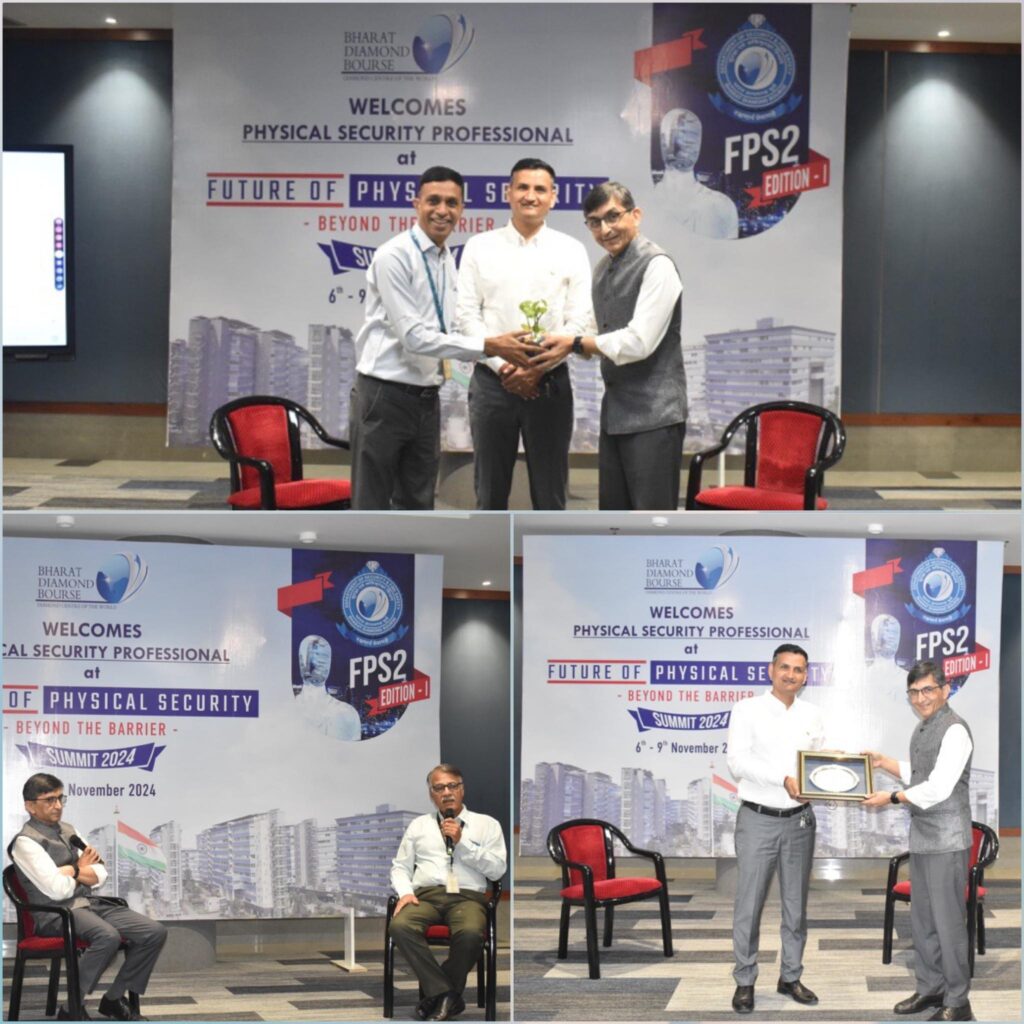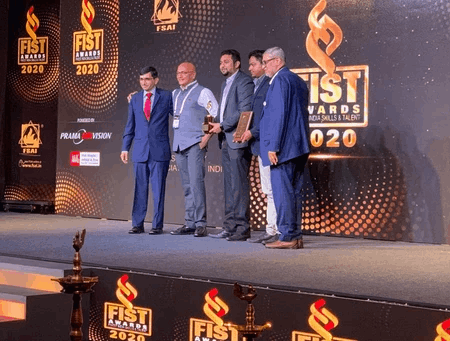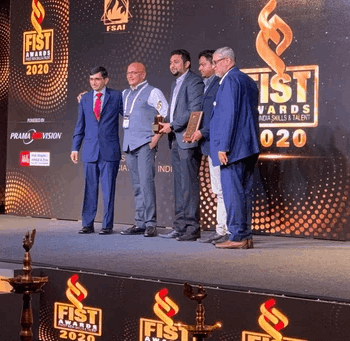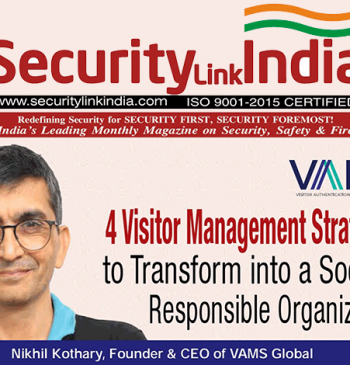11 Nov

Technology is just a tool; it’s the people and processes behind it that bring true security.
~Nikhil Kothary, Founder & CEO, VAMS Global

At Summit 2024, organized by Bharat Diamond Bourse, Mr. Nikhil Kothary, CEO of VAMS Global, shared a powerful perspective on the future of physical security, emphasizing the essential role of human expertise alongside technology. In a compelling address that resonated with industry leaders, he highlighted how digital solutions, when combined with strategic planning, are transforming modern security practices.
Redefining Physical Security: People, Processes, and Technology
Physical security goes beyond deploying technology; it involves protecting people, property, and data from various threats. This encompasses not only deterrence and prevention but also quick and effective responses. While traditional tools—like access control systems, CCTV networks, alarms, and intrusion detection—remain essential, two often-underestimated elements make a difference: skilled personnel and effective processes.
“Technology is just a tool,” VAMS Global emphasized, countering the assumption that more technology always means better solutions. Even the most advanced AI-powered systems achieve their full potential only when operated by skilled human professionals, who ultimately determine the real value and impact of these tools.
Empowering Security Teams at the Frontline
Security personnel, often the first line of defense, are sometimes expected to maintain safety without being empowered to take action. “They are asked to ensure security but rarely have the authority or confidence to act decisively when necessary,” which can undermine their ability to enforce rules effectively.
“Training security personnel to communicate firmly but politely is key.” Proper training ensures that guards can maintain authority without coming across as rude, a common issue across various security sectors. This is especially important in environments where rules can be easily overlooked without effective enforcement.
The Need for a Voice in Decision-Making
Another key takeaway was the need to give security teams a voice in organizational decisions. “Responsibility without authority is a myth,” VAMS Global noted, pointing out that without strategic input, security efforts can falter. Including security teams in decision-making ensures they have the resources, authority, and organizational backing needed to uphold security protocols effectively.
The Transformative Power of Technology in Security
Artificial intelligence (AI) is driving a new era of cost-effective, practical applications in security:
Enhanced Surveillance: AI can detect vehicle violations, identify suspicious behaviors, and trigger emergency alerts. It can even automatically issue tickets to vehicles overstaying in drop-off zones, improving overall campus security.
Drones and Robots: Equipped with AI, drones and robots offer quick access to incident sites and hazardous areas, enabling rapid, automated responses.
Smart Access Control: Facial recognition and biometric credentials are transforming access control, making it user-friendly and more secure.
Advanced Sensors and IoT: Today’s sensors can alert teams to fire hazards, gas leaks, and even vaping, expanding detection capabilities.
Digital Security ERP: Integrating inputs from technology and human feedback, ERP systems provide real-time data to enable faster, more effective responses and improve communication across security teams.
Investing in Skills and Processes
“Upskilling security teams is essential.” With technology advancing rapidly, security professionals must evolve from traditional guards to data analysts, tech operators, and problem solvers. Ongoing training, including soft skills development, is key to ensuring that security teams are equipped to effectively use these advanced tools.
Final Thoughts







